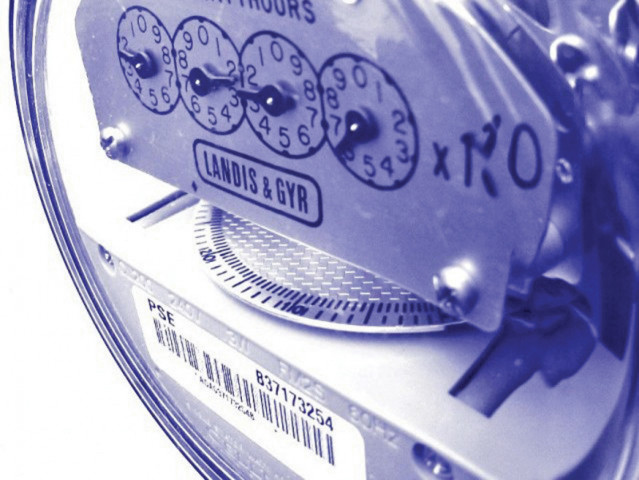Distraught consumers: Ministry identifies slabs, tariffs as reasons for overbilling
Submits audit report to Prime Minister’s Secretariat.

The government had reduced power slabs from five to two, depriving consumers from slab benefits by limiting power subsidy to 200 units per month. It also led to an excess in power bills and caused protests.
“Disadvantage of slabs, increase in power tariff and increase in power supply were the major reasons for the excess in power bills,” reveals audit reports submitted to the Prime Minister’s secretariat.
The auditors had also endorsed the report made by Special Assistant to the Prime Minister on Energy Dr Musadak Malik. The energy advisor in a report submitted to the cabinet in its meeting held on September 22, 2014 had pointed out that the government had increased power tariff by 33% per unit, which raised the average bill by 42% over the past one year.
After a detailed discussion, the cabinet had decided to appoint reputable audit firms to investigate complaints of overbilling.
The average consumer, who was billed at Rs1,400 per month last year, was charged at more than Rs2000 per month. He had also said that the erosion of slab advantage was the biggest reason behind power bills increase followed higher supply of electricity in 2014.
Malik said that the electricity bill, as a percentage of monthly household expenditure of a family with an income of Rs15,000, constituted 0.4% of the income. For a family with an income of Rs71,000, the electricity bill constituted 14.2% of the income.
According to the energy advisor, middle class families were most affected with an average household expenditure of Rs43,000 facing an increase in per unit cost of 62% and those who consumed 0-200 units of electricity per month experienced a decrease of 1% in billing. The worst hit group constituted 7% of users consuming 301-400 units.
According to sources, the finance ministry had directed power firms to enhance collections to increase revenues by Rs70 billion.
“The circular debt in the power sector had also declined from Rs295 billion to Rs238 billion,” sources said, adding that that bills were issued to the consumers but the money was not recovered due to protests.
Published in The Express Tribune, October 30th, 2014.
Like Business on Facebook, follow @TribuneBiz on Twitter to stay informed and join in the conversation.



















COMMENTS
Comments are moderated and generally will be posted if they are on-topic and not abusive.
For more information, please see our Comments FAQ